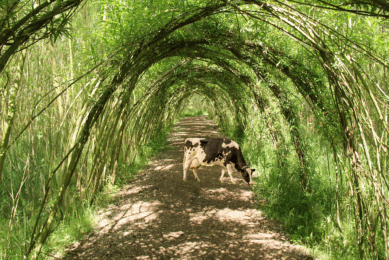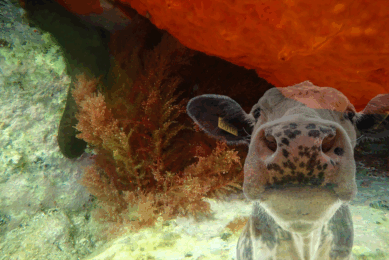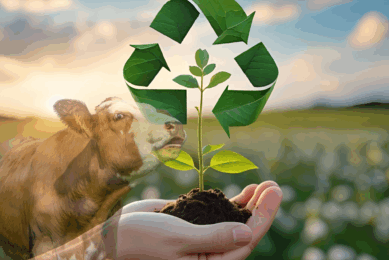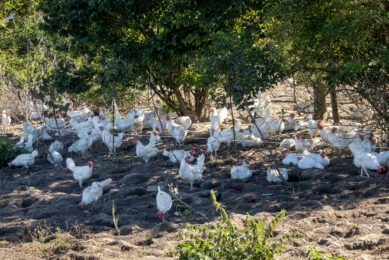Taiwan: COA investigates cottenseed usage in feed
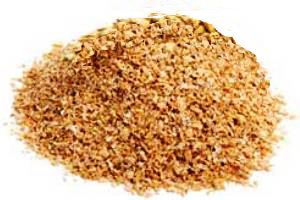
The Council of Agriculture (COA) recently announced that it had investigated local factories on the use of large quantities of cottenseed meal believed to be imported for use in animal feed production. The council released the initial results of an investigation into the issue late on Friday evening (26th Oct), saying that the increase in cottonseed meal purchases were attributable to three animal feed manufacturers and one fertiliser importer
The council’s statement came amid public concern that imported cottonseed meal might have been added to food products, following a report by Taipei Municipal Wanfang Hospital Hospital psychiatrist Billy Pan, that imports of cottonseed meal jumped to more than 5,500 tonnes last year from just more than 100kg in 2011.
The majority of the cottonseed meal that the nation imported was used as animal feed and growth substrate in mushroom cultivation bags, the Council of Agriculture (COA) said.
Imports surged last year because of the good harvest in Australia, which resulted in cheaper prices and encouraged animal feed manufacturers to replace soybean powder or other protein ingredients with cheaper cottonseed meal from Australia, the council said.
Cottonseed meal is produced from cottonseed oil, and is high in protein even though it cannot be used to extract oil. The COA noted that the meal could be mixed into animal feed to increase protein intake, and that animals are able to digest gossypol, the natural phenol derived from the cotton plant that is harmful to humans. Only 10% is added in ruminant animal feed and about 2 to 3% is used in poultry feed.
The COA, however, pointed out that the findings are based on written reports provided by the manufacturers and said they will conduct further investigations.




